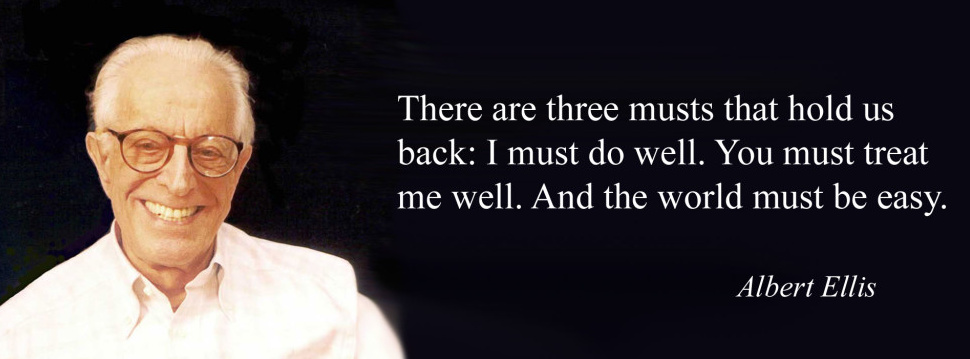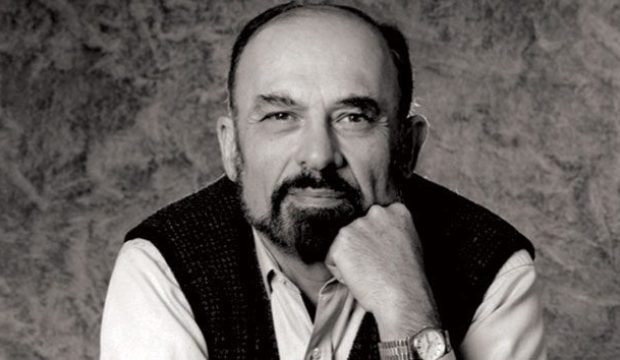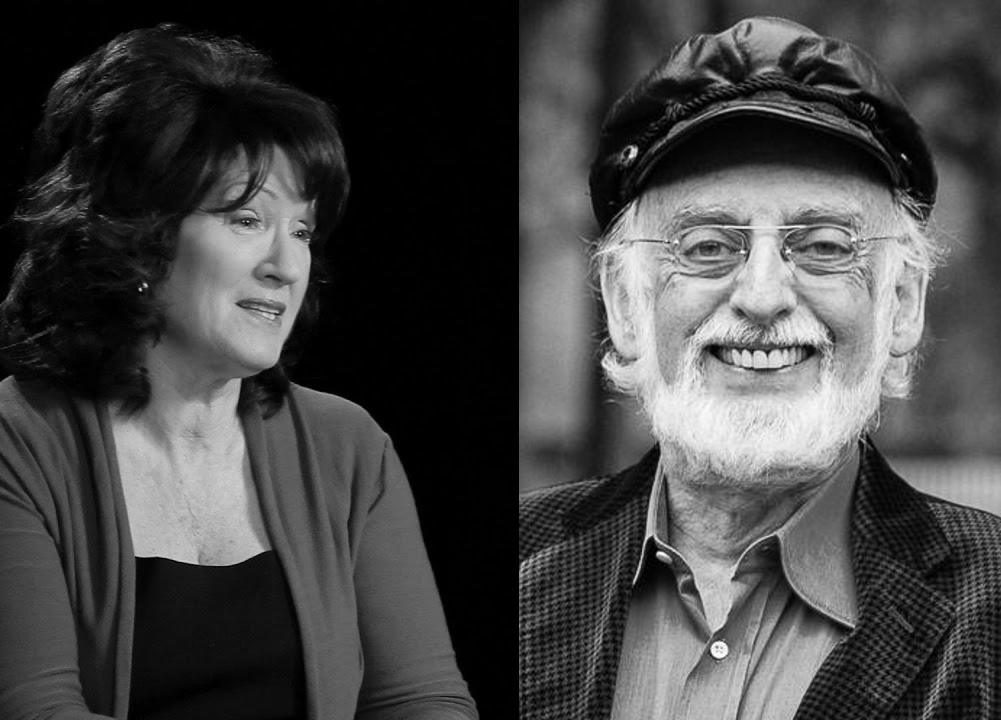Whether a therapist is a psychiatrist, psychologist, social worker, or counselor they are exposed to a wide variety of psychological theories or philosophies. As no single theory fully explains the behavior of all human beings, thoughtful therapists work to integrate two or three approaches that make sense for them. I am no exception, and I base my work on the following approaches.
Rational-Emotive Behavioral Therapy (REBT)
Albert Ellis developed a form of Cognitive-Behavioral Therapy (CBT) he called Rational-Emotive Behavior Therapy (REBT). In essence, REBT says emotional distress is, in many cases, caused not by events themselves but by dysfunctional beliefs we have learned. As an REBT practitioner I work with my clients to examine their beliefs and, where appropriate, help them challenge those beliefs. For more information about REBT please check out this description from the Albert Ellis Institute, or this good overview from Wikipedia.

Existential Psychotherapy
While Ellis and REBT provide real help, there are fundamental events in life that bring us face-to-face with deep issues of meaning and purpose. These events often revolve around the powerful losses almost everyone must eventually face.
Irvin Yalom’s approach to these questions forms the basis of Existential Psychotherapy. Existential Psychotherapy argues we must all face life’s “four givens” by:
-
- Confronting our own mortality.
- Accepting that we have freedom to be the authors of our lives and the responsibility for our actions and inactions.
- Accepting our isolation from others in that no one can die for us and no one can create our world for us.
- Creating our own meaning for our lives.
As an Existential Therapist I believe facing these “givens” can lead us to powerful realizations, a deep appreciation for life and a profound change in the way we live our lives. For more information see this entry on Wikipedia.

Narrative Therapy
In the 1970s, Michael White and David Epston proposed “narrative therapy.” The basic idea is that we live our lives according to the story we tell about our lives. They argued that, all too often, we live our lives based on “problem-laden narratives” we have learned to tell ourselves. However, the client and therapist can work to rewrite these narratives. I find this idea a powerful development of both Ellis’s REBT and Yalom’s Existential Psychotherapy. And I have begun to work this into my work with my clients. Click the link for more information about Narrative Therapy.

Emotionally-Focused Couples Therapy
My approach to working with couples is based on the work of Sue Johnson and John Gottman. Emotionally-focused couples therapy (EFT) is based on the idea that the need for emotional connection is not a psychological weakness, but a part of the human experience that is deeply enriching. I see my work as an EFT therapist is to help couples repair their emotional connection, to turn toward each other, and to be curious about themselves and their partners. For more information on EFT see Sue Johnson’s website or John Gottman’s website.

If you are interested in more information or think we could work together please call me at 202.505.1848 or send me an e-mail at michael@mmcpsychotherapy.com.
